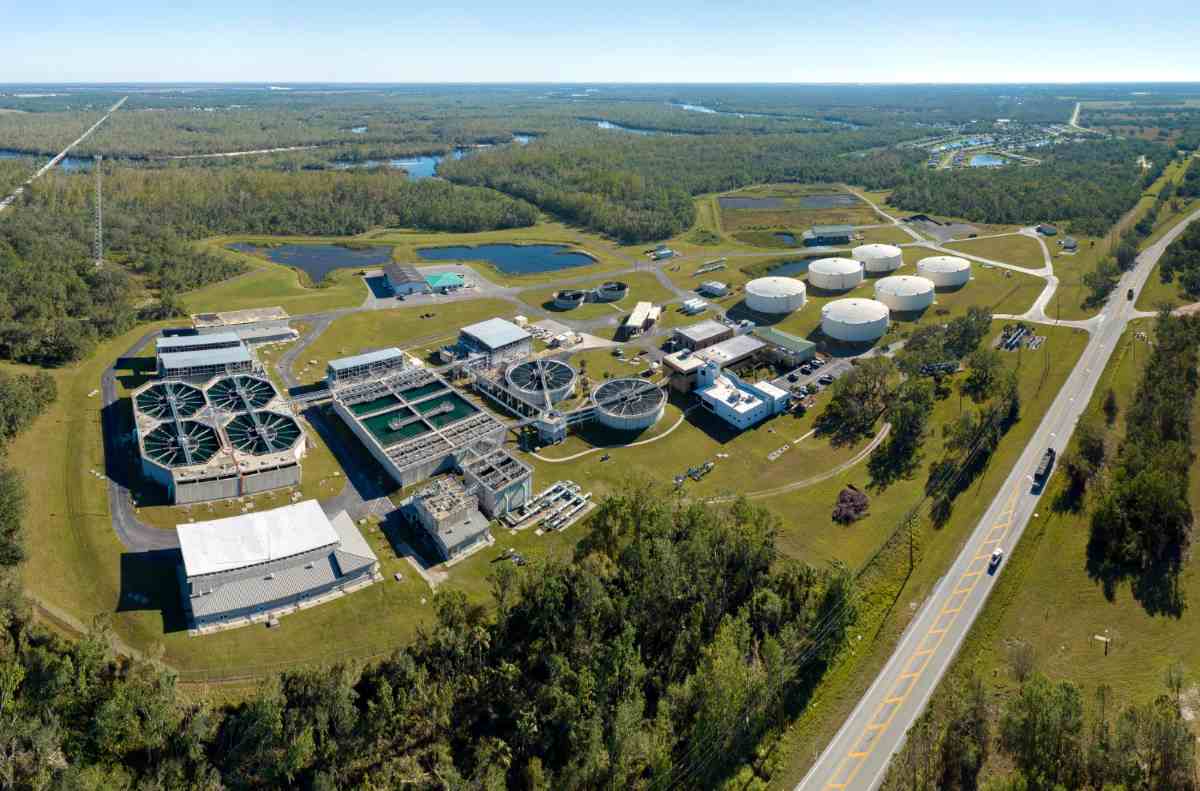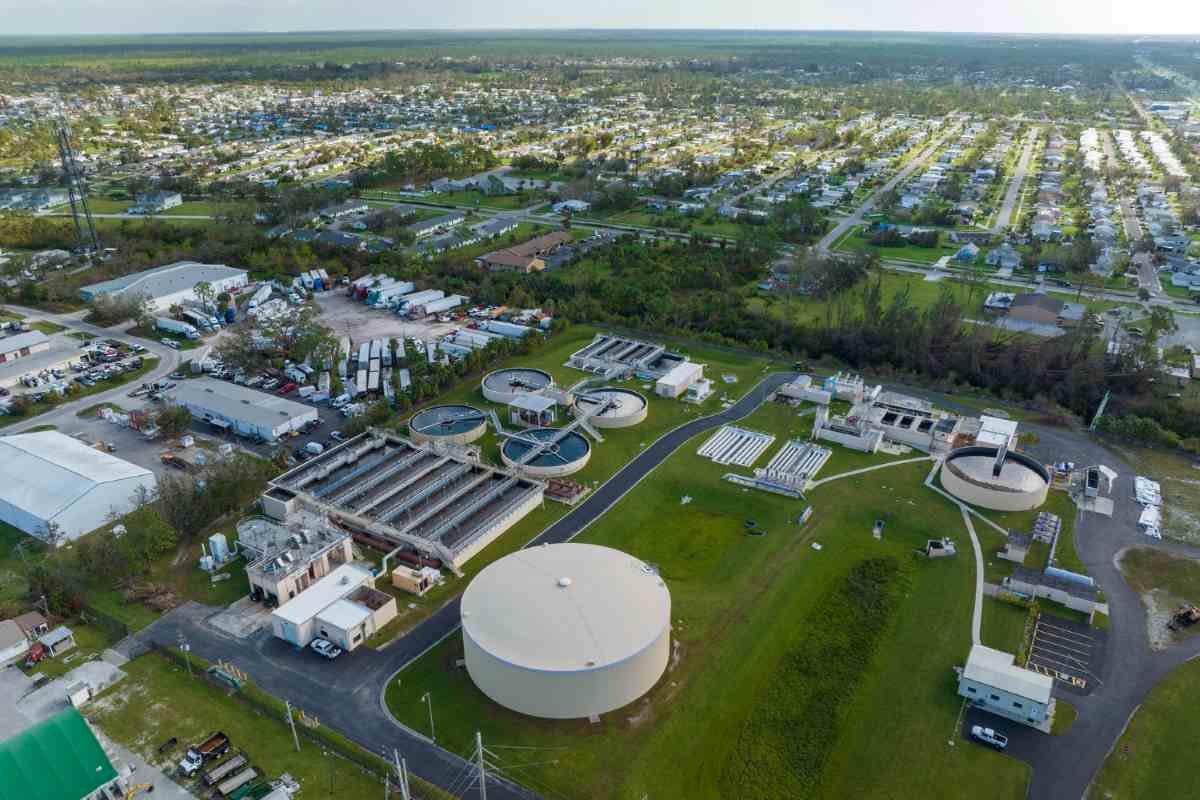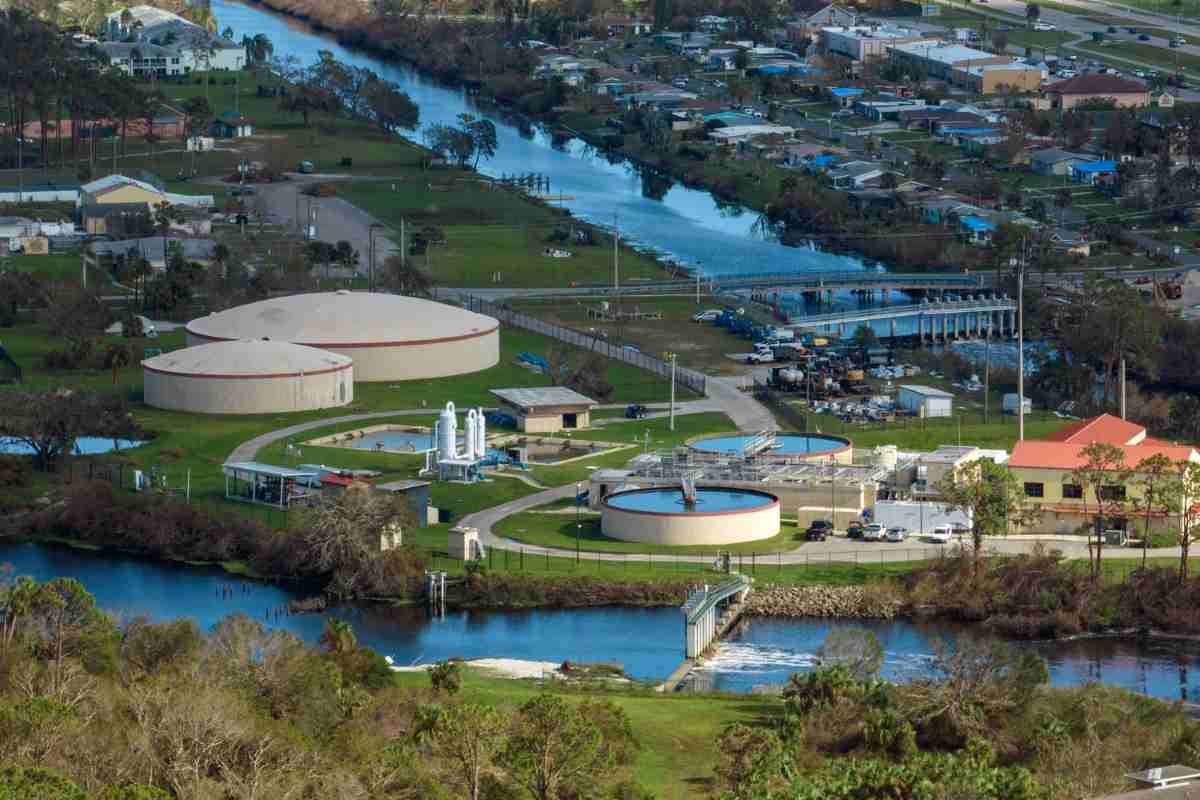The Importance of DEF Production in Sustainability
DEF production is pivotal in combating harmful diesel emissions and aligning with global sustainability efforts. Diesel Exhaust Fluid (DEF) supports Selective Catalytic Reduction (SCR) systems in reducing nitrogen oxide (NOx) emissions, a significant contributor to air pollution. Ensuring consistent production quality is vital to meet these environmental goals.
With increasing global demand for cleaner transportation, the scale of DEF production must grow to match. This involves adopting advanced technologies and innovative strategies to ensure quality, efficiency, and minimal environmental impact. Scaling production is not just about meeting demand but also about maintaining the balance between industrial growth and ecological preservation.
Automation in Scaling DEF Production
Automation is at the forefront of efforts to scale DEF production efficiently. Automated systems streamline processes, ensuring precise formulation, reducing waste, and accelerating production times. By leveraging advanced machinery, manufacturers can meet the increasing demand without compromising quality.
Furthermore, automated monitoring systems play a crucial role in real-time quality control. These systems detect and address inconsistencies during production, ensuring that the final product meets strict standards. Automation not only enhances scalability but also reduces operational costs, making it an indispensable tool in DEF manufacturing.
UAN32 Production Synergies
UAN32 production, which produces Urea Ammonium Nitrate, shares key processes with DEF manufacturing. By integrating these operations, manufacturers can optimize resource use and reduce operational costs. The shared use of advanced water purification systems and urea handling technologies further enhances efficiency.
These synergies enable facilities to scale both UAN32 production and DEF manufacturing simultaneously, meeting the demands of two critical markets. This approach highlights the importance of innovative strategies in achieving scalability and sustainability in industrial production processes.

Adopting Sustainable Practices in DEF Production
Scaling DEF production must prioritize sustainability to align with global environmental objectives. Sustainable practices, such as water recycling, energy-efficient systems, and renewable energy integration, are becoming industry norms. These methods reduce the environmental footprint of DEF manufacturing while supporting larger-scale operations.
Additionally, manufacturers are exploring circular economy models, which focus on minimizing waste and maximizing resource reuse. This approach ensures that the expansion of DEF production contributes to long-term ecological and economic benefits, addressing both current and future challenges.
The Role of AdBlue Production in Global Markets
AdBlue production adheres to the DEF 32.5% standard, ensuring compatibility with SCR systems worldwide. As demand for DEF grows, scaling AdBlue production becomes essential to meet the needs of international markets. Innovations in production processes, such as automation and enhanced quality controls, enable manufacturers to achieve this scalability efficiently.
The global reach of AdBlue production is supported by consistent standards and robust supply chains. This ensures that diesel vehicles in different regions can rely on a trusted product for effective emission reduction, reinforcing the importance of scalability in achieving global sustainability goals.
Sea Water Desalination in DEF Manufacturing
Sea water desalination provides a critical solution for DEF production in regions with limited freshwater resources. This technology transforms seawater into ultra-pure water, essential for maintaining the high quality of DEF. As scaling production requires increased water usage, desalination becomes an indispensable tool.
Recent advancements in renewable energy integration have made sea water desalination more efficient and environmentally friendly. By adopting these technologies, manufacturers can expand production capabilities without depleting natural freshwater resources, aligning with sustainability goals.

AUS Production and Standardization
AUS production, or AUS32, plays a vital role in meeting global demand for DEF 32.5%. Standardization in AUS production ensures compatibility across international markets, simplifying logistics and maintaining product reliability. This standardization is essential for scaling operations while maintaining quality.
Innovations in AUS production, such as modular manufacturing systems and real time monitoring, enable facilities to expand capacity rapidly. These advancements ensure that manufacturers can keep pace with increasing demand while adhering to stringent environmental and quality standards.
Renewable Energy Integration in DEF Production
Integrating renewable energy sources into DEF production is a key strategy for achieving scalability and sustainability. Solar, wind, and hydroelectric power reduce reliance on fossil fuels, minimizing greenhouse gas emissions during production. These energy sources also lower operational costs, making them economically viable for manufacturers.
Renewable energy integration demonstrates the industry’s commitment to sustainable practices. By adopting these energy solutions, manufacturers can expand DEF production without compromising their environmental responsibilities, supporting the transition to cleaner industrial processes.
Conclusion
Scaling DEF production is essential to meet the growing global demand for cleaner transportation solutions. Through automation, sustainable practices, and technological innovations, manufacturers can achieve this scalability while maintaining quality and minimizing environmental impact. The integration of advanced systems ensures that DEF remains a reliable solution for reducing diesel emissions.
Synergies with UAN32 production, innovations in AdBlue production, and the use of sea water desalination highlight the importance of innovation in achieving global sustainability goals. As the industry evolves, these advancements will continue to support the transition to a cleaner and more sustainable future.
Frequently Asked Questions
- What is DEF production?
- DEF production involves creating Diesel Exhaust Fluid to reduce NOx emissions in diesel engines using SCR systems.
- Why is scaling DEF production important?
- Scaling DEF production ensures sufficient supply to meet global demand while supporting sustainability goals.
- How does automation help in scaling DEF production?
- Automation streamlines processes, enhances quality, and enables rapid scaling to meet market needs.
- What is UAN32 production?
- UAN32 production involves manufacturing Urea Ammonium Nitrate, which shares technologies with DEF production.
- How does sea water desalination support DEF production?
- Desalination provides ultra-pure water for DEF manufacturing in regions with limited freshwater resources.
- What is AdBlue production?
- AdBlue production creates DEF 32.5% for global markets, ensuring compatibility with SCR systems.
- How does AUS production ensure standardization?
- AUS production maintains DEF 32.5% standards, ensuring compatibility and scalability for global markets.
- Why is renewable energy important in DEF production?
- Renewable energy reduces the environmental impact of DEF production and aligns with sustainability goals.
- What technologies improve DEF scalability?
- Technologies like automation, water recycling, and modular systems enhance scalability while maintaining quality.
- Where can I purchase certified DEF?
- Certified DEF is available at fuel stations, automotive retailers, and online suppliers worldwide.

